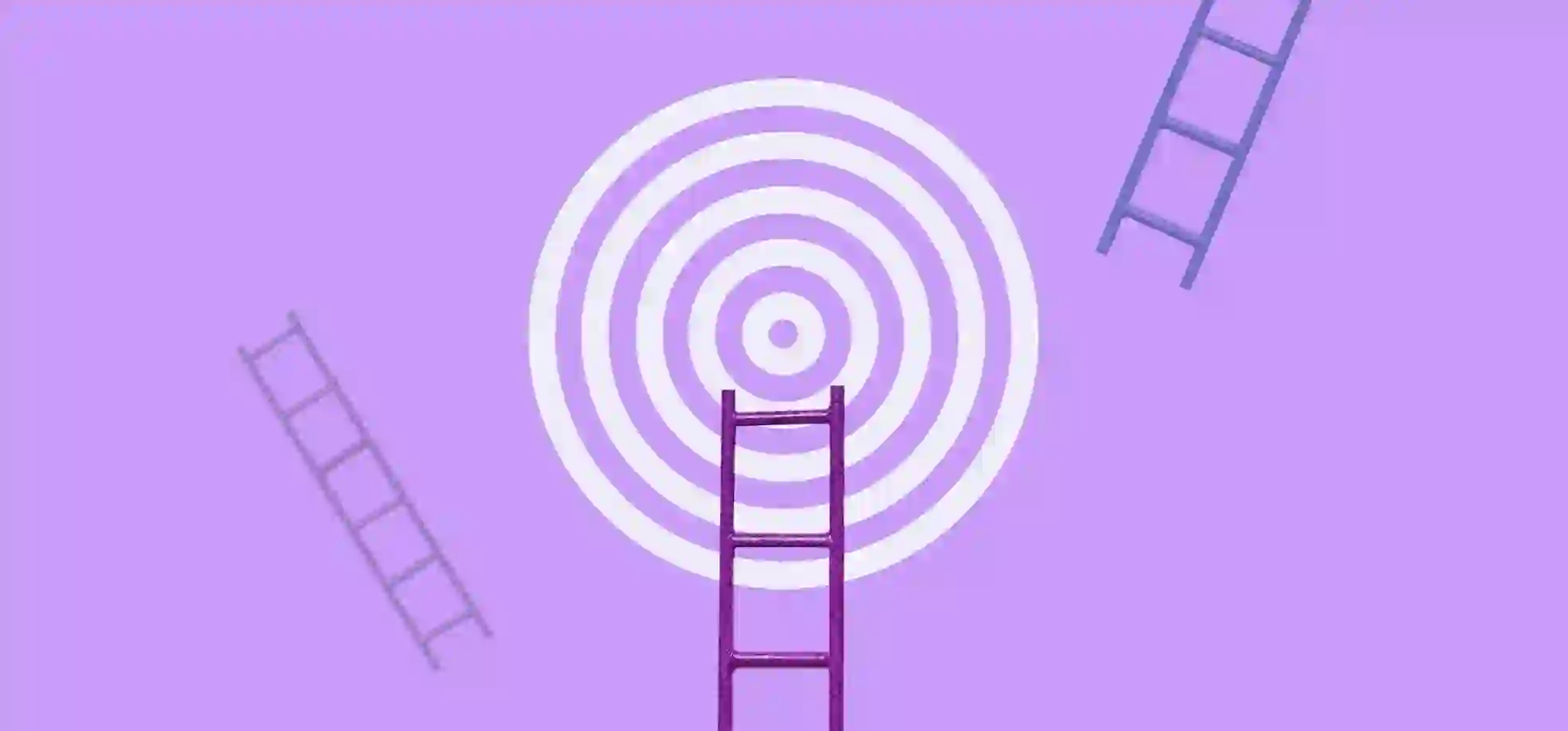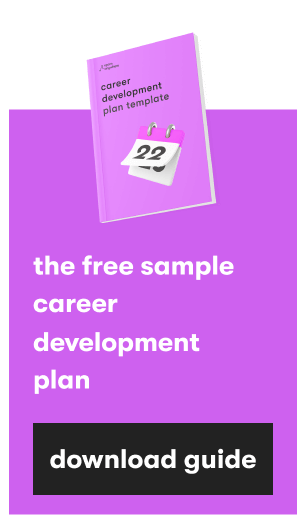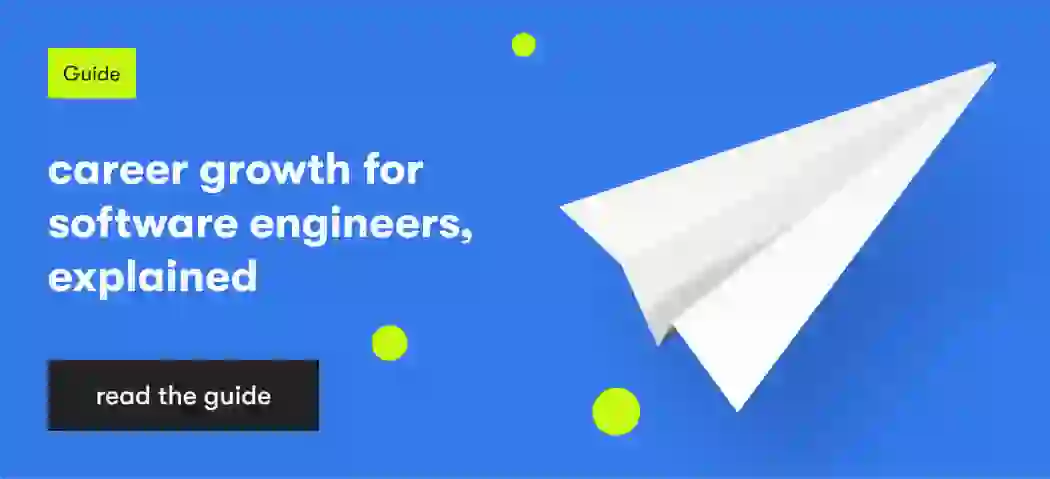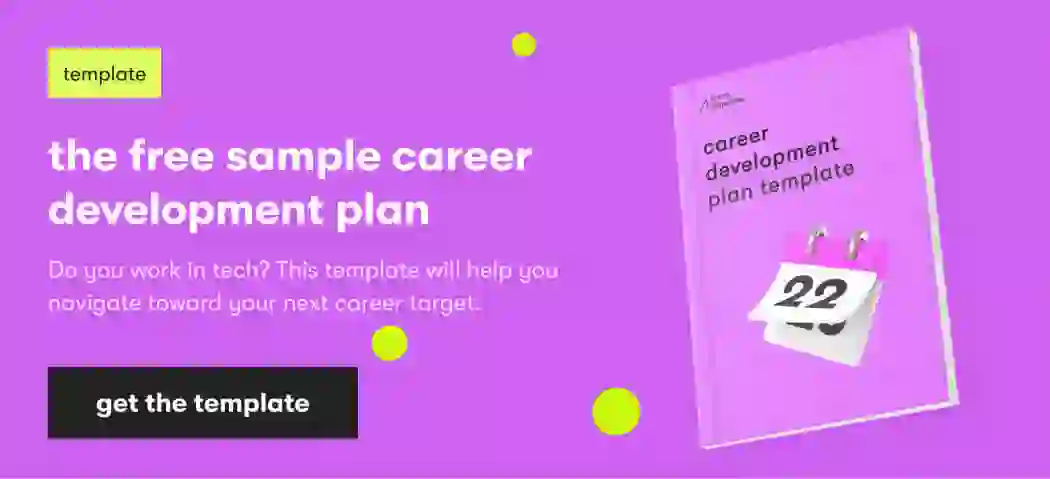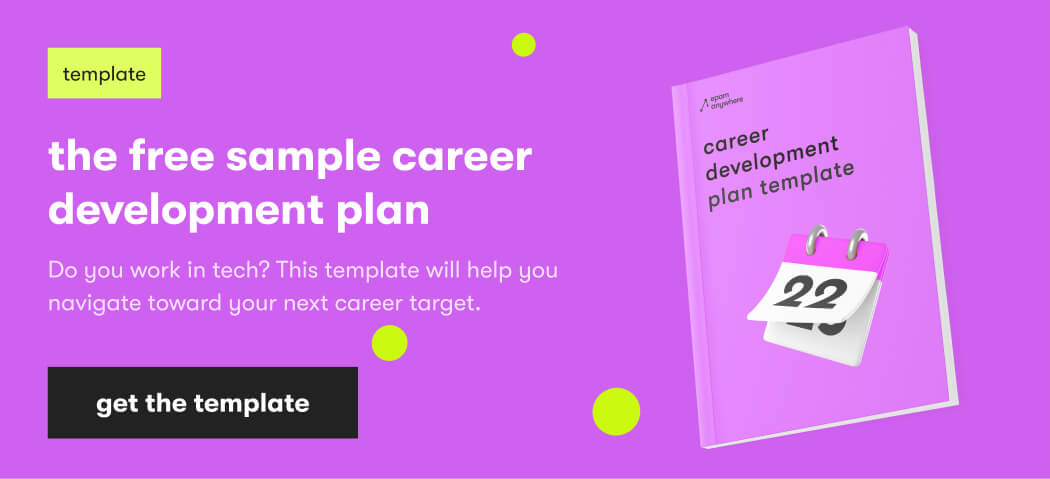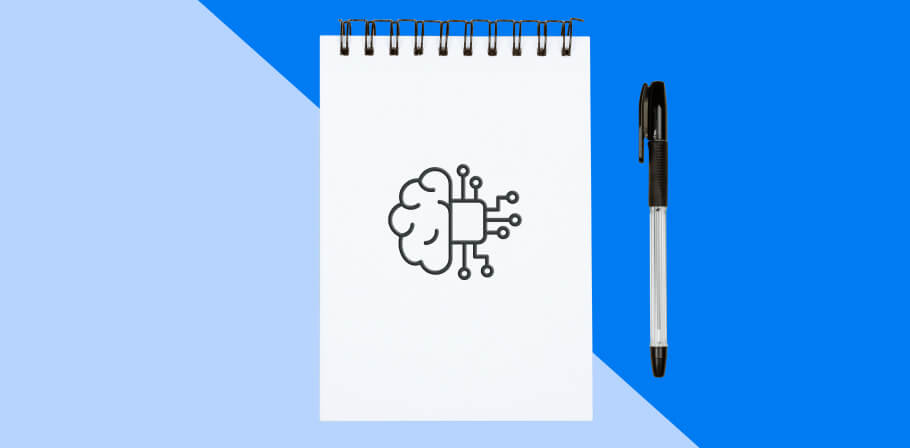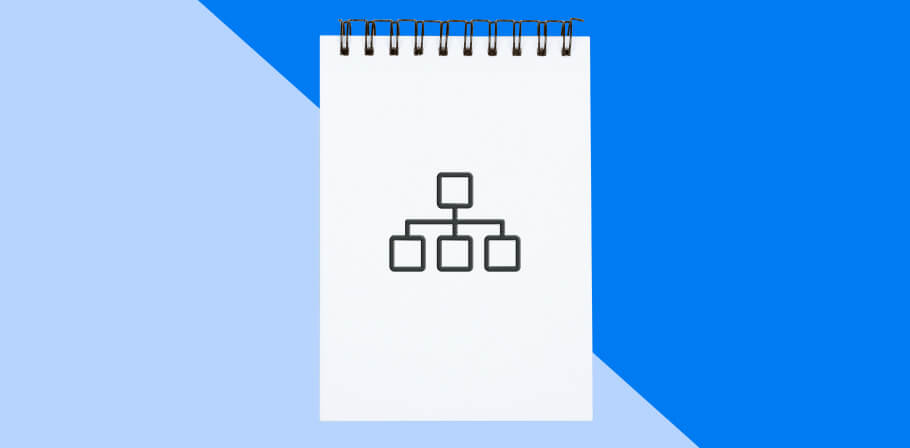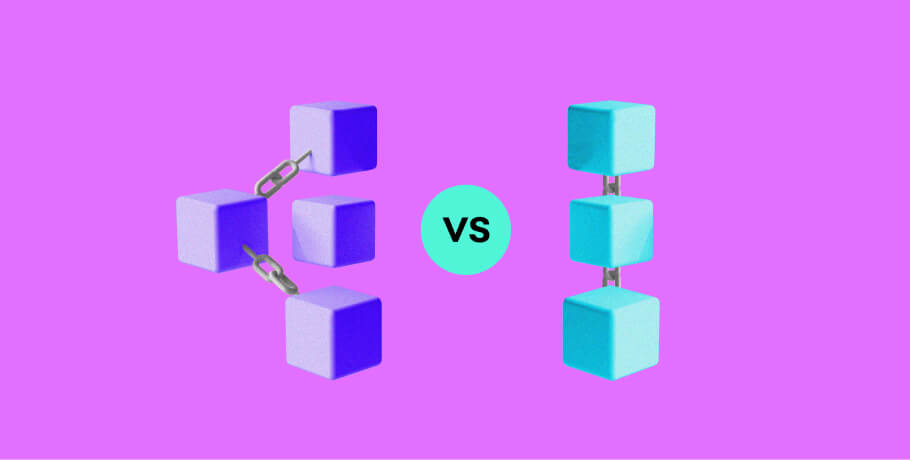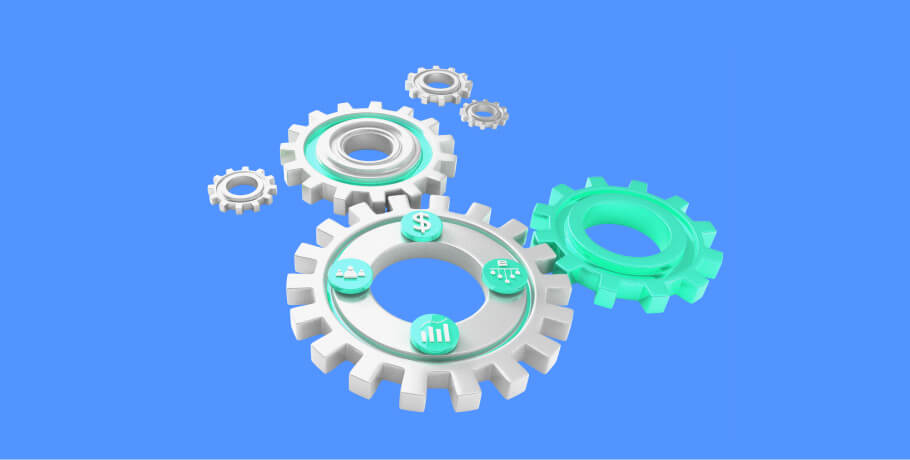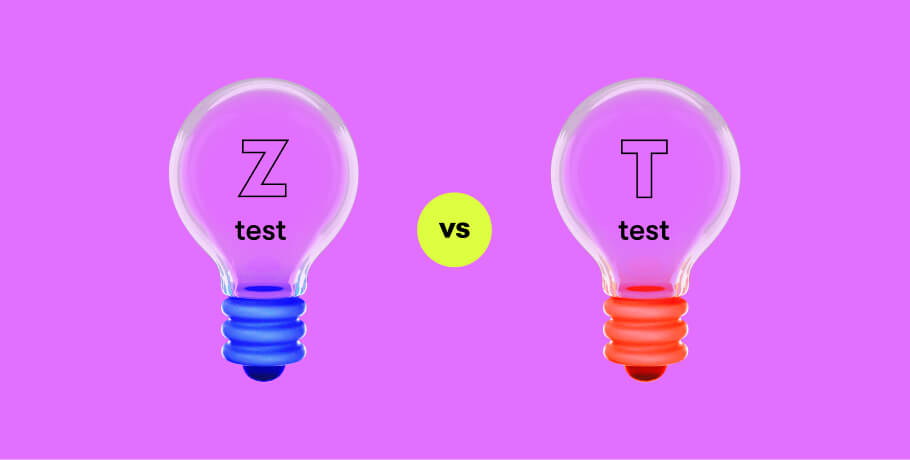A career development plan (CDP) helps define career objectives, set priorities, and identify the steps that will lead you to your goal. You can grow your career vertically (by rising to the next level) or horizontally (by trying new domains or technologies). A CDP works well in both cases.
Do you want to grow from a middle-level specialist to a senior one, or change your focus from JavaScript to Java? How about switching from a senior developer to a Scrum master within a project? Or do you want to change to a new project but have to onboard someone to replace you seamlessly on your current one?
All of these are excellent reasons to start working on your CDP with the help of a dedicated manager. Below, Tatyana Yeroma, Software Testing Manager at EPAM Anywhere, helps us provide the information that you need to know about working with a career development plan.
What is a career development plan?
The career development plan definition is as follows:
A CDP identifies a specific series of actions focused on your short-term and long-term career goals and establishes the steps you need to take to achieve those goals.
An example CDP might include the following items:
- The specific levels of advancement necessary to meet your end goal
- The skills you’ll need to develop your career in both the short and long term
- Educational requirements to achieve your goal
- A summary statement collecting each evolutionary step
Your CDP is a set of active steps you need to take for advancement. Much like any schedule, it’s subject to change, so be ready to adjust as your company's needs and situation change.
How to get started with your career development plan
First, you need your manager’s support — since they are the gatekeeper who will let you through the door toward advancement. A dedicated manager monitors employees’ salary satisfaction and cares about their goals and their overall in-company comfort.
Motivational books and articles recommend choosing a person who will drive your personal development and will routinely ask about your progress. If we talk about career development within the company, your manager is this exact person. Ideally, your manager is your mentor and a person who is interested in your skill enhancement.
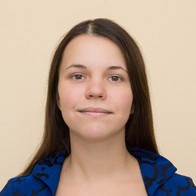
Before you start this conversation with your manager, consider your desires and what missing components you need to achieve your goals. If you are not sure what you want from your career, seek advice from your leader or senior colleagues. They’ve been down the path and can offer a new perspective on career advancement.
You need to realize where you are and where you want to be. When anyone comes to me and says “I don’t understand where I am,” I usually give a list of requirements for any specific position in our company. Employees assess themselves using this skill matrix, then we look at the results together.

Career development planning with EPAM Anywhere Skill Advisors
When it comes to career advancement, the best advice often comes from speaking with dedicated career growth mentors. At EPAM Anywhere, Skill Advisors are available to help with this.
EPAM Anywhere Skill Advisors support our team members, helping them to advance their core skills and identifying new knowledge areas that will enhance their chances of success. When our professionals want to create a career development plan, they turn to a Skill Advisor first.
I discussed all the questions I had about the path I was interested in with my Skill Advisor, Oleksandr Dekin, Software Engineering Team Leader. He gave me valuable advice on professional growth within the company, and also provided useful links and materials. Now, I have a clear idea of how to move in the direction I have chosen.

What period should a career development plan cover?
If we are talking about more high-level or abstract planning, you can cover half a year at once. When it comes to more specific goals, it is better to plan for three months at a time. This will help you follow the plan continuously and monitor progress without getting distracted by longer-term planning.
How many goals should I focus on at once?
It is recommended that you establish five to seven goals to work on in a given 90-day period. You’ll likely pursue these goals simultaneously, switching between them as needed to ensure that you stay focused. A key point is to choose skill sets that don’t work against each other. For example, training your public speaking skills and your ability to focus at the same time might cause interference in your learning and development process.
You can have both long-term and short-term goals in your career plan. Your goal to improve your knowledge of JavaScript from basic to intermediate might take half a year. It will not, however, interfere with you giving a talk at a conference in two weeks.
Bear in mind that overwhelming yourself with activities that require similarly high levels of engagement can be counterproductive. Let’s put it this way: don’t try to learn two programming languages or technologies at once.
In order to make a qualitative leap forward, I would recommend a “one skill within a particular time frame” approach. When we start learning something from scratch or developing a skill intensively, it makes sense to commit fully to that activity. Accordingly, I would not recommend studying two programming languages at once: switching from one to another takes a lot of time, and working on them both simultaneously deprives you of an immersive experience. When we consider skills from different areas (or when your skills in one of the two areas are already at the advanced level), you may work on them in parallel. For instance, an employee brought their English up to the upper intermediate level and then, while maintaining it in the background, they dedicated their main effort to Java learning.

What if my manager and I disagree about my goals?
Discuss it. In general, the first advice in case of any issue is to talk to your manager about it. It’s ok to disagree and provide your supporting arguments. Ultimately, your manager should always be on your side.
When your manager believes that your skills in a particular area need improvement, and you disagree, get another opinion from a neutral expert (someone that both of you recognize as an expert in the area). If you are able to successfully answer technical questions from the expert and perform advanced exercises, your manager may have to reconsider their opinion. If you do not succeed in these tasks provided by the neutral expert, however, this is a sign that you have to work a little more to upgrade your skills.
Your opinion can differ from your manager’s. It is important to discuss all of the controversial points in a mutually respectful way. After all, managers are not mistake-proof.
We are not discussing a situation in which a manager pushes and an employee resists. Consider that if you want to learn something, that’s because it feels inherently important to you. Let’s imagine you want to listen to your manager’s advice and learn what they proposed to you. If you find out why this topic can be important to you, you will get excited about it. You shouldn’t force yourself into something that doesn’t appeal to you. You can hardly learn something really well by forcing yourself.

I want to postpone my CDP deadlines. Is that a problem?
There’s no hard and fast rule about missing your CDP deadlines, unless you have a project deadline. What is forbidden is to miss deadlines simply as a result of procrastination.
There are certainly objectively reasonable circumstances that can cause you to miss CDP deadlines, like hot time on a project, an upcoming release, or even a planned vacation. If any of these causes you to deviate from your plan, your deadline postponement request can be considered favorably. But when shifting deadlines becomes a habit for the next week or month, ask yourself: are you really meeting your goals?
If a person gives up on a goal, it is necessary to understand the reason. The frustrating case is when we have already started the employee’s educational process, involved a mentor, included the employee’s project load and vacation into the plan, and made sure all of these things will work smoothly, only to have the employee give up. This can be hard to understand since it was the employee’s expressed choice to grow and learn; nobody was forcing them. This looks a bit like a breach of promise. Ultimately, the manner in which this is viewed depends on whether it is the first such incident for this person or not. Maybe the employee overestimated their potential and strength. Maybe something extremely important and unanticipated happened in their life. Or maybe they are just careless with their words.

I am satisfied with my career. Why do I need a career development plan?
When you are happy but feel the push to “grow” from peers and management, that can make your life difficult. On the one hand, It is important to develop to stay in demand as a specialist, to get promotions, and to receive pay rises. On the other hand, you don’t ever want to feel like your decisions are not your own.
Broad learning opportunities for specialists in any technology stack are really helpful. Taking a moment to ask yourself where you want to be can help. Almost nobody says “I’ve achieved everything I want to achieve.” There’s always something else to learn and accomplish.
Normally, when people say “I am okay with everything I have and don’t want to grow anymore,” it may indicate that something is wrong. These words may be used to hide fatigue, laziness, fear, or disappointment in the chosen profession. If you are “okay with everything,” you need to answer honestly why this is so and how long you expect that it will last in your case. The latter question is sensitive: most likely this satisfied phase will not last long. If you are not learning or experiencing anything new, eventually you will start lagging behind. The ‘plateau’ condition — when you do not grow — can lead to inertia and stagnation which can become increasingly harder to escape from over time.

A career development plan can be useful in many different situations. A CDP applies to everyone from specialists in software developer positions to designers, business analysts, and HR managers. If you haven’t done so already, it is better to get started preparing one as soon as possible.
Even if you do not have a particular career development goal at the moment, you may think of things that you would like to learn. What if you discover that you actually have lots of aspirations you never considered?
Wrap-up: extra tips for career development plans
If you have dreams, make them your reality. Staying inspired is a lot of what builds your CDP. The “mushy” side of looking at yourself 20 years from now is a good motivator for career development planning.
It isn’t about making the big bucks (that does help though!), it’s more about making the big changes. Ask yourself what motivates you to get up in the morning. Do you enjoy a challenge? Do you want to change the world? Do you want to make life better for your kids? When creating your CDP, keep these things in mind.
We hope this article helps you clarify how to formalize and work on your career development a few manageable goals at a time. Whatever your goals are for the future, now is a great time to start pursuing them.
This article was adapted from the original publication in Russian on klever.blog.
It first appeared in this blog on July 6, 2020, and was updated on April 5, 2022.

Explore our Editorial Policy to learn more about our standards for content creation.
read more